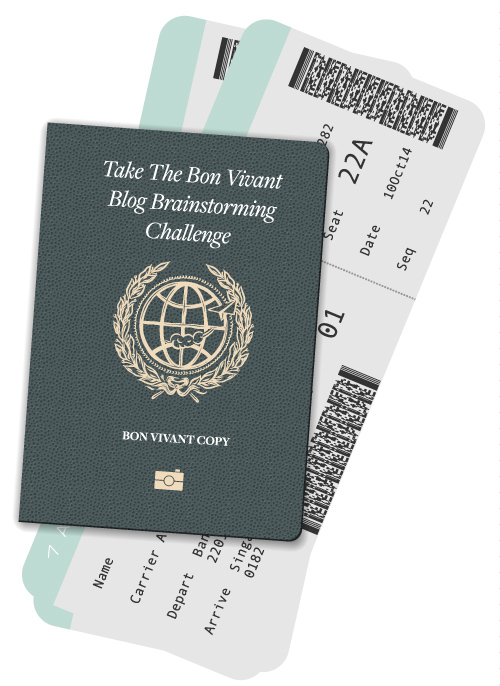They’re the bane of every travel pro’s existence. Those “leads” who constantly badger you, asking you if you can get them a good deal on their (bare bones) vacation. If you can price match this sketchy quote they found on the internet. If you can magically shave $200 off the cost of their airline tickets.
And the worst part?
Most of them have no intention of even booking with you!
Price shoppers. Tire kickers. The absolute WORST. No matter what you call them, they’ll suck you dry.
There’s good news, though.
If you want to know how to make money selling travel, you’ve got to get rid of the price shoppers.
And your first line of defense against price shoppers and their ilk is your web copy.
If you feel like you’re getting too many inquiries from leads that just end up wasting your time, take a look at your website.
What words jump out at you?
Is the first (or biggest) word on your web page “affordable,” “low-cost,” “inexpensive,” “competitive pricing,” or (heaven forbid) “cheap”?
That’s the problem!
When you lead with price, you attract prospects that are only concerned with price. So — don’t do that.
How to Make Money Selling Travel: Lead With Your Value
This copy rule doesn’t apply to everyone. It doesn’t apply to services that are mostly differentiating themselves on price alone.
Typically, though, that’s not a travel agent. Are you the lowest-cost option in your market? No? Then don’t lead with that!
Talk about what else makes your service special. How it can change people’s lives (and it doesn’t have to be in a huge, dramatic way — I’ve purchased some life-changing hair scrunchies in my time). Talk about why your web visitor can’t find what your offer anywhere else, for any price.
To be clear: I’m not saying you don’t mention your price or value in your copy, just don’t lead with it. Often, travel agents DO help their clients find great pricing on their vacations, thanks to their breadth of knowledge and industry connections. But that should be a perk, not a promise.
I’ve worked with clients who are beyond annoyed because prospects are always balking at their prices or service fees, or asking if they can get a better “deal.” Then I look at their website copy … and it makes perfect sense why this is happening.
Are you annoyed by price shoppers, too? Then take a look at your own web copy. It could be that you’re attracting these kinds of visitors with price-driven trigger words.
Time to change that.
Psst … Wondering what trigger words you should be using? If you’re after luxury clients, try getting rid of your pricing language and try these words instead.
